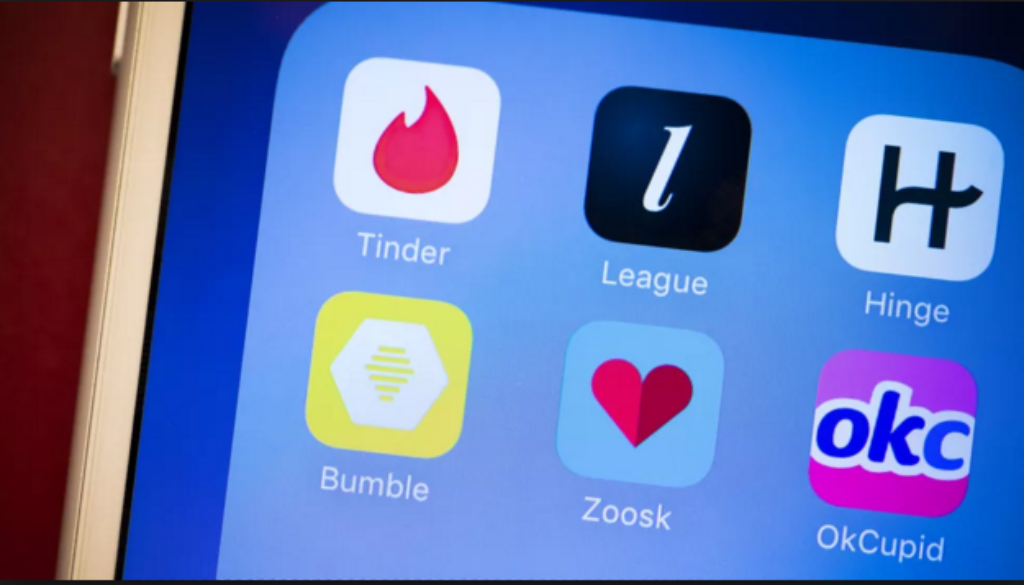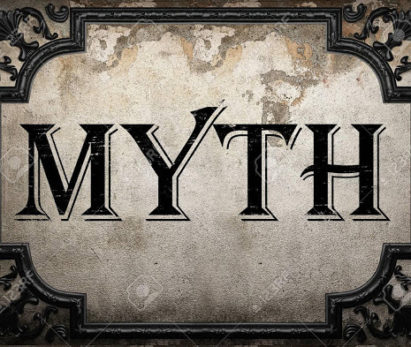Dating Apps
The Bold and Faceless: Dating Apps in the Social Media Era
Tinder, Bumble, Hinge, Match.com, and more. The dating world is your oyster and it’s more accessible than ever. If you want a Christian-only experience, there’s an app for that. Who could forget the iconic jingle for Farmer’s Only? Each platform has its hook. Tinder has to swipe, Bumble lets women make the first move, and Hinge employs social media influencers to market to a generation obsessed with internet culture. But this lack of face to face first-time connection The Bold and Faceless: Dating Apps in the Social Media Era
Tinder, Bumble, Hinge, Match.com, and more. The dating world is your oyster and it’s more accessible than ever. If you want a Christian-only experience, there’s an app for that. Who could forget the iconic jingle for Farmer’s Only? Each platform has its hook. Tinder has to swipe, Bumble lets women make the first move, and Hinge employs social media influencers to market to a generation obsessed with internet culture. But this lack of face to face first-time connections can often lead to unsavory experiences.
When your entire dating experience can be boiled down to a game, the value in such interactions is decreased. Swiping right or left on someone essentially determines their value at first glance, with no need to interact before you decide if someone is worthy of your time. When the dating pool is large, there’s no need to get to know someone until you decide they’re a fit, often by just looking at their picture.
Just recently, the murder of micro-influencer Bianca Devins made waves when the suspected killer posted pictures of his gruesome act on Instagram. It’s suspected that he killed her in a jealousy-fueled rage. The pair supposedly met online through a popular chat platform called Discord and grew to know each other from there. Bianca’s sister has stated on her own Instagram that he was “a family friend” who they “trusted so much.”
Most interactions don’t grow to this extreme; violence is prevalent among the responses that are seen on these dating platforms when someone is rejected. Popular Twitter account, @SheRatesDogs exposes the seedy underbelly of the dating world, often using humor to defuse the shocking nature of her submissions. From obsessive exes to misogynistic tinder profiles, the account posts it all. Even on sites that aren’t for dating—LinkedIn, for example—women are subjected to a range of abuses.
The seedy underbelly of the internet rears its ugly face in these interactions. Tactics like negging and gaslighting run rampant. In a recent post, someone’s ex accused them of stealing a can of tuna and hiding it in his underwear drawer, an offense that earned a flurry of rage-filled texts. And that’s not even the most ridiculous post. Another post features an angry ex insulting how “dumb disgustingly skinny” a submitter is and ends with the abuser promising to remind her daily how ugly she is.
But what emboldens these people to say whatever comes to mind? The Journal of Consumer Research found that “this momentary increase in self-esteem reduces self-control, leading those focused on strong ties to display less self-control after browsing a social network.” People are more likely to say whatever they feel while browsing social media because of the lack of face-to-face interactions and the rush of matching with someone boosts their self-esteem. People who might otherwise be socially awkward or think themselves undesirable in normal life see themselves as desirable and datable online. They’re emboldened to say what they think.
This doesn’t happen in face-to-face interactions. It could be because these interactions feel more high stakes. Social norms in real life dictate what you can and can’t say and still look like a decent human being. These apps don’t offer a realistic dating experience; people can portray as much or as little of themselves as they want. The popular TV show “Catfish” proves that they can even pretend to be someone else. Regardless of whatever gimmick these apps employ, they all have the same issue. Removing the face to face element of first meeting someone means you’re not truly investing in them. You’re not taking the time to get to know them.





